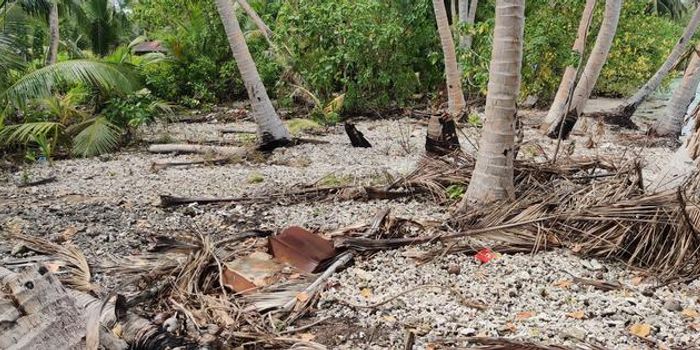17 Countries Face "Extremely High" Water Stress
Seventeen countries, which are home to 25% of the world’s population, are at risk of extremely high water stress. This information comes from the World Resources Institute’s Aqueduct Water Risk Atlas—the most recent of which was released last week. The World Resources Institute (WRI) is a non-profit, global research organization working to address urgent challenges such as climate, energy, food, water, and forests. The Risk Atlas is published as part of WRI’s initiative to address global water challenges.
Water stress occurs when demand exceeds available amounts of water for a select time period or during times of poor water quality. In a press release from WRI Dr. Andrew Steer, President and CEO of WRI, says that “water stress is the biggest crisis no one is talking about. Its consequences are in plain sight in the form of food insecurity, conflict and migration, and financial instability.” In an additional blog post regarding the Atlas, WRI experts state that water stress will continue to worsen due to population growth, development and urbanization, and climate change.
In the 17 countries facing extremely high water stress agriculture, industry and municipalities use 80% of the available surface and groundwater on average annually. Twelve of these 17 countries are in the Middle East and North Africa, where climate and water stress have already impacted the financial well-being of these regions. Additionally, 44 countries—home to 33% of the world’s population—face high levels of stress.
How can countries and states reduce water stress? The WRI recommends three straightforward actions. The first is to increase agricultural efficiency, as they estimate that 25% of all agricultural water is used on food that will be wasted. Also, improving irrigation techniques and water efficiency will prevent additional agricultural water loss.
The second recommendation is to invest in grey and green infrastructure. This action will aid in water treatment and storage for years in which water stress may be higher. WRI’s third recommendation to reduce water stress is to treat, reuse, and recycle water— “to stop thinking of wastewater as waste.” They use the example of reusing and selling energy- and nutrient-rich wastewater treatment byproducts to lower the overall cost of water treatment, as already seen in plants in Xiangyang, China and Washington D.C.
Sources: WRI Press Release, WRI Blog









